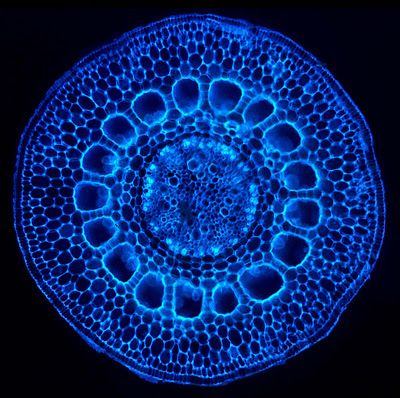Plant Cell Signalling Research Group
Unravelling the signaling pathways involved in the production of secondary metabolites that are responsible for stress tolerance in plants is the main aim of Dr. Rabia’s research group. Secondary metabolites are generally known as plant ‘natural products’ and represent a vital field of study. These secondary metabolites not only confer stress tolerance in plants but also impart medicinal properties to them. Plants often accumulate their natural products at relatively low levels, so there is a lot of interest in breeding or engineering plants that produce higher levels. It has been shown that the most effective way to increase the accumulation of secondary metabolites is to increase the activity of genes that regulate the activity of the biosynthetic pathways that make different natural products. Regulatory genes of this type encode proteins that are called transcription factors. The biggest bottleneck in using this strategy to develop plants that accumulate significantly higher levels of important natural products. Many transcription factors regulating secondary metabolism have yet to be identified at the molecular level. It is likely that several of the selected genes encode transcription factors that have the same regulatory activity. These genes will be identified because increasing their activity will result in the same changes in metabolites in plants.
Focus of the Laboratory:
· Regulation of Plant Secondary Metabolites
· Characterization of Transcriptional Regulators
· Crop Improvement
Laboratory members:
· Ghulam Kubra (PhD Scholar)
· Uzma Hanif (PhD Scholar)
· Maryam Khan (PhD Scholar)
· Zuhhra Qayyum (MS Scholar)
· Fatima Noureen (MS Scholar)
Current Project:
Identification and characterization of potential regulators of flavonoid and stilbenoid
biosynthetic pathway in peanut
Publications:
- Lee, E. K., Jin, Y. W., Park, J. H., Yoo, Y. M., Hong, S. M., Amir, R., Yan, Z., Kwon, E., Elfick, A., Tomlinson, S., Halbritter, F., Waibel, T., Yun, B. W., and Loake, G. J. (2010). Cultured cambial meristematic cells as a source of plant natural products. Nature Biotechnology 28, 1213-1217.
- Khalid, M., Gul, A., Amir, R., Ali, M., Afzal, F., Quraishi, U. M.,& Rasheed, A. (2018). QTL mapping for seedling morphology under drought stress in wheat cross synthetic (W7984)/Opata. Plant Genetic Resources, 1-8.
- Khalid, M., Khalid, Z., Gul, A., Amir, R. and Ahmad, Z. (2018). Characterization of Wheat Cell Wall Invertase Genes Associated with Drought Tolerance in Synthetic-Derived Wheat. INTERNATIONAL JOURNAL OF AGRICULTURE AND BIOLOGY, 20(12), pp.2677-2684.
- Khalid, M., Afzal, F., Gul, A., Amir, R., Subhani, A., Ahmed, Z., Mahmood, Z., Xia, X., Rasheed, A. and He, Z. (2019). Molecular characterization of 87 functional genes in wheat diversity panel and their association with phenotypes under well-watered and water-limited conditions. Frontiers in Plant Science, 10.
- Khan, M. A., Imtiaz, M., Hussain, A., Jalal, F., Hayat, S., Hussain, S. & Amir, R. (2019). Isolation and functional characterization of an Ethylene Response Factor (RhERF092) from rose (Rosa hybrida). Plant Cell, Tissue and Organ Culture (PCTOC), 1-16.


